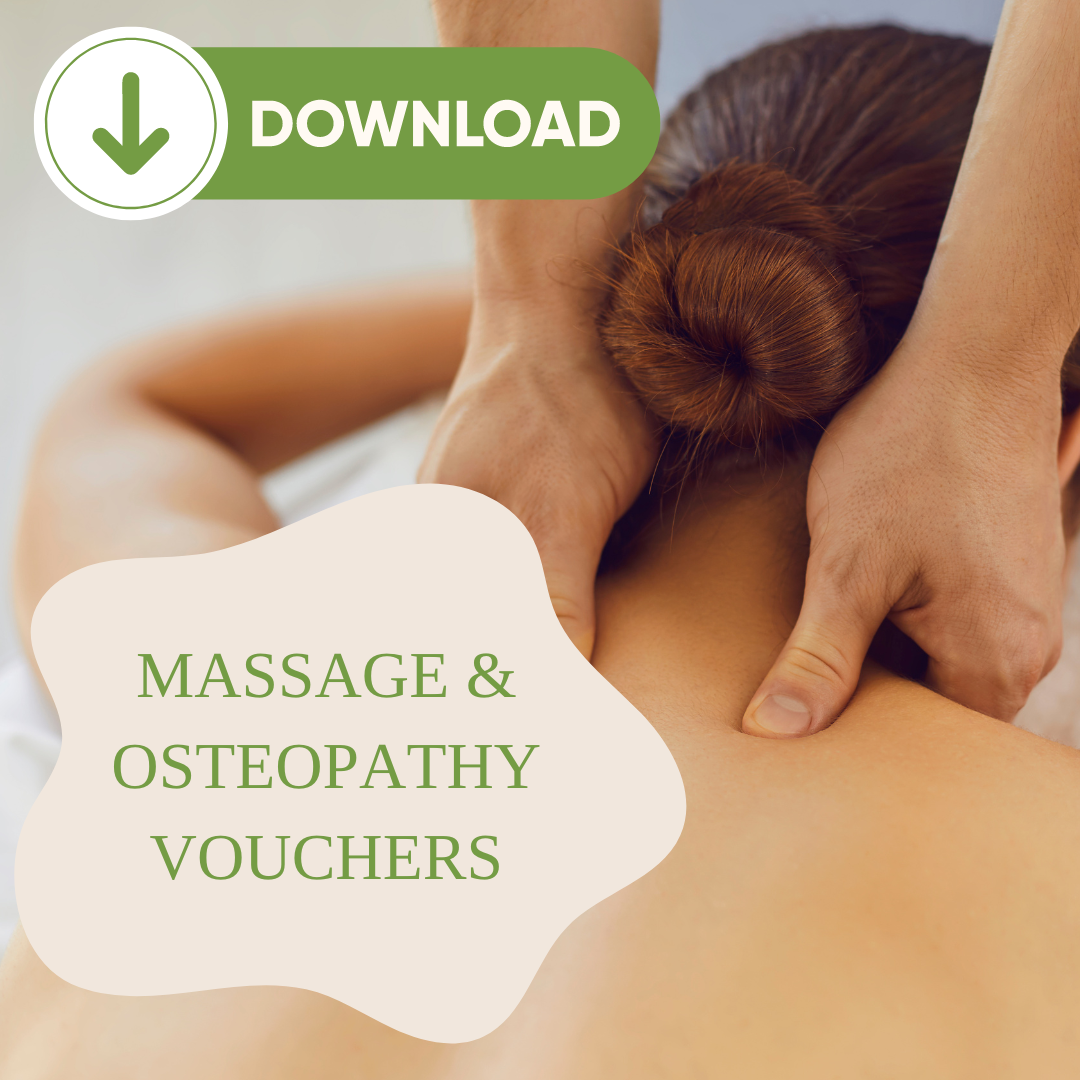As we recognise that more and more people are suffering issues revolving around Mental Health, it's helpful to explore diverse and holistic approaches to mental wellness. One often overlooked yet highly effective method is regular massage therapy. Beyond its reputation for providing physical relaxation and easing muscle tension, massage therapy holds substantial benefits for mental health, particularly in reducing stress and calming the nervous system.
Several scientific studies have delved into the relationship between massage therapy and mental health, uncovering a range of psychological benefits. Here, we explore some of the key findings.
Reduction in Stress and Anxiety
One of the primary benefits of massage therapy is its profound effect on stress reduction. A study published in the *International Journal of Neuroscience* found that massage therapy significantly decreases cortisol levels, the body's primary stress hormone, while also boosting serotonin and dopamine levels, which are associated with happiness and well-being . This hormonal balance is crucial in managing stress and anxiety, contributing to an overall sense of relaxation and calm.
Improvement in Mood and Reduction of Depression Symptoms
Massage therapy has also been shown to improve mood and reduce symptoms of depression. A meta-analysis of 17 studies involving 786 participants, published in the *Journal of Clinical Psychiatry*, revealed that massage therapy had a significant positive impact on depressive symptoms . The study concluded that massage could be considered a viable treatment for depression, likely due to its ability to enhance the body's production of endorphins and other mood-regulating chemicals.
Enhancement of Sleep Quality
Poor sleep is often linked with heightened stress and mental health disorders. Massage therapy has been shown to improve sleep quality by promoting relaxation and reducing the physiological markers of stress. Research published in the Journal of Alternative and Complementary Medicine demonstrated that regular massage therapy could help improve sleep patterns in individuals suffering from insomnia . Better sleep, in turn, contributes to better overall mental health, as restorative sleep is critical for emotional regulation and cognitive function.
Calming the Nervous System
The parasympathetic nervous system, often referred to as the "rest and digest" system, is activated during a massage. This system is responsible for lowering heart rate and blood pressure, promoting a state of calm. A study in the *Journal of Applied Psychology* indicated that massage therapy could induce a parasympathetic response, helping to counteract the effects of chronic stress by calming the nervous system .
Practical Implications
Given the substantial benefits of massage therapy for mental health, incorporating regular massage into one’s routine can be a valuable strategy for managing stress and improving overall well-being. Here are a few tips for integrating massage therapy into your lifestyle:
Consistency is Key: Regular sessions, even if they are short, can maintain the benefits of massage therapy.
Combine with Other Therapies: Massage can complement other forms of natural treatments such as acupuncture, nutrition, supplements, meditation, and lifestyle changes.
For the ultimate approach to consistent massage you could consider joining our Wellness Club treatment subscription where you receive monthly treatment(s) at a greatly discounted rate. Visit www.theperrymount.com for more details or ask at reception.
References
1. Field, T., Diego, M., & Hernandez-Reif, M. (2005). Massage therapy research. *International Journal of Neuroscience*, 115(10), 1397-1413.
2. Moyer, C. A., Rounds, J., & Hannum, J. W. (2004). A meta-analysis of massage therapy research. *Psychological Bulletin*, 130(1), 3-18.
3. Rich, G., & Shroff, F. (2008). The effects of massage therapy on sleep. *Journal of Alternative and Complementary Medicine*, 14(4), 389-395.
4. Delaney, J. P., Leong, K. S., Watkins, A., & Brodie, D. (2002). The short-term effects of myofascial trigger point massage therapy on cardiac autonomic tone in healthy subjects. *Journal of Applied Psychology*, 92(4), 1504-1512.


